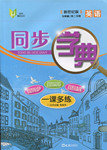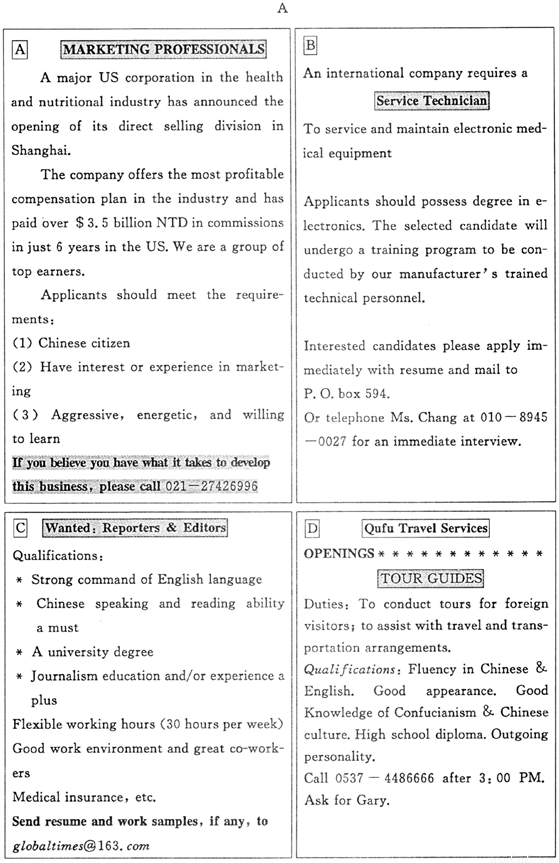题目内容
When is the last time you took a nap(小睡)?Is a nap part of your culture? Many people in the United States think naps are a waste of ____. But recently, companies are seeing the ____ of a short afternoon nap.
For hundreds of years, an afternoon nap has been common for people of all ages and jobs. After a short nap, people wake up feeling more ____. They feel more alert(机敏的),and ready to go back to work. In Spain and Latin America, most businesses____ for several hours in the afternoon. _____ go home for lunch and a nap. In the late afternoon, they _____ their jobs. But in most _____ , an afternoon nap is very _____. In the United States, most people work 8 or 9 hours a day with a lunch break and one or two short coffee breaks. If you are_____ in the afternoon, have another cup of _____ !
Generally, naps are not _____ in today’s workplace. But now more than ever, a nap may be a good idea. Scientists report that most people have much less energy(精力)_____. During this time, workers and students _____ less clearly.
Research _____ that after a short(30—45 minute) “power” nap, most workers feel more awake, more creative, and are better at solving problems. Managers say that after a _____, workers can get more _____ in less time.
Some major companies see that naps help their employees, _____ they are taking napping seriously. These companies are _____ breaks for naps. So me companies _____ have nap rooms. In the future, a nap break may be as _____ as a coffee break. But until then, it’s still not a good idea to get caught “sleeping on the job”.
me companies _____ have nap rooms. In the future, a nap break may be as _____ as a coffee break. But until then, it’s still not a good idea to get caught “sleeping on the job”.
1.A. time B. space C. money D. effort
2.A. solutions B. points C. warnings D. benefits
3.A. careful B. pleased C. fresh D. confident
4.A. hurry B. close C. exist D. fail
5.A. Workers B. Students C. Farmers D. Teachers
6.A. forget B. choose C. return to D. give up
7.A. cities B. villages C. countries D. schools
8.A. unusual B. strange C. important D. frequent
9.A. boring B. sleepy C. busy D. hungry
10.A. water B. milk C. tea D. coffee
11.A. remembered B. accepted C. discussed D. discovered
12.A. at noon B. at night C. in the afternoon D. at midnight
13.A. think B. speak C. listen D. watch
14.A. expects B. corrects C. suggests D. shows
15.A. trip B. nap C. meeting D. holiday
16.A. destroyed B. removed C. planned D. done
17.A. but B. and C. for D. or
18.A. offering B. welcoming C. taking D. changing
19.A. once B. never C. soon D. even
20.A. short B. long C. common D. interesting
 作业辅导系列答案
作业辅导系列答案 同步学典一课多练系列答案
同步学典一课多练系列答案


 与) before winning the election.
与) before winning the election. sive attendee.
sive attendee.